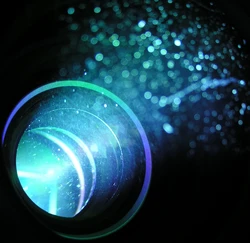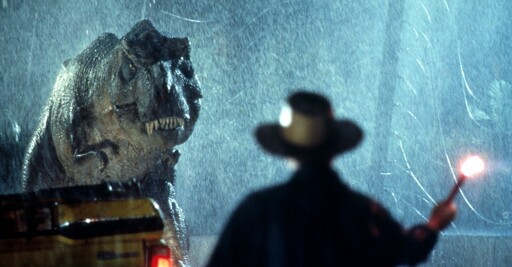We asked The Atlantic’s writers and editors: What’s a film adaptation that’s better than the book?
The article explains why they consider the movies Jurassic Park, The Talented Mr. Ripley, Tinker Tailor Soldier Spy, The Devil Wears Prada, The Social Network, and Clear and Present Danger each to be better than their source material.



Ehh I liked the book more.
Book is emensely better. I read it every other year or so. Fucking great book. An okish movie.
The book certainly has its moments, but the movie is much more entertaining. ‘The moon is a harsh mistress’ is a better book imo
Both were entertaining, but the movie was more of a popcorn action flick while the book tried to explore the realities of war and a warrior led culture.
The Heinlein estate holders didn’t like the movie so much, they have refused selling movie rights to any other book. So you won’t see The Moon is a Harsh Mistress because of Starship Troopers.
Movie was some deep cutting satire.
Isn’t the book super pro-fascism?
Yes, Knowing Better has done a great analysis on such
17:52 for the book
That depends a lot on who you ask. All the weird propaganda in the movie is not there, but also the way that the main character explains how his society functions is perhaps incomplete.
We don’t see their society being racist (except against aliens) or sexist, we don’t see them suppress free speech or labor rights, we don’t see them worshipping some kind of Fuhrer either.
Personally, I think that war makes fascists of us all and that’s what the book tried to convey.
I recall an authoritarian college professor in the book. When considered alongside Heinlein’s other work, I suspect the text of the professor’s lectures are meant to be examined critically.
Of course, Poe’s Law says that someone will take any satire at face value. Or that I took as satire something not meant to be?
If the movie had power armor it would have been no contest but as it is it’s just a monument to Verhoeven being too lazy to read a two hundred page book because there weren’t enough Jesus metaphors for his taste.